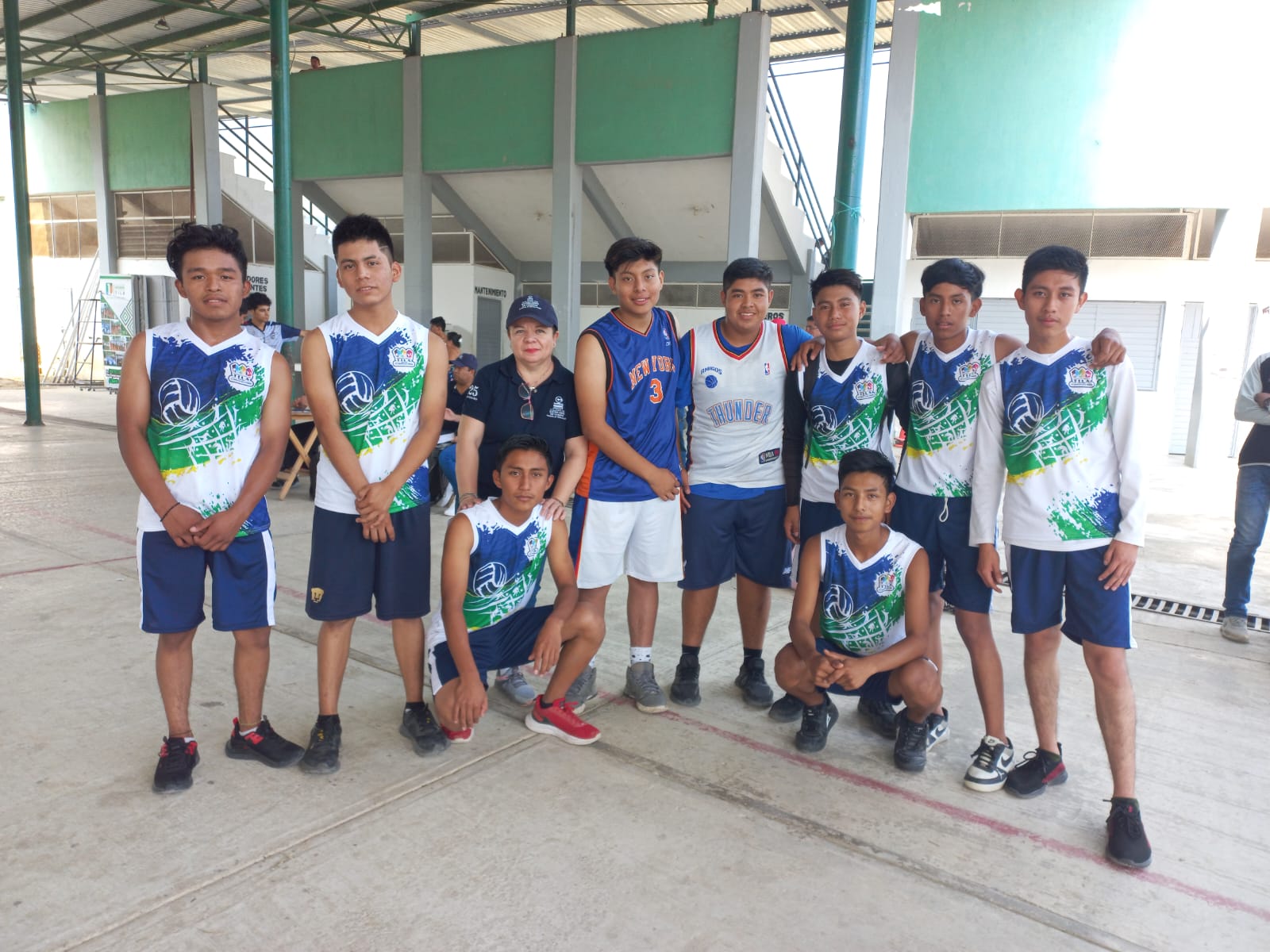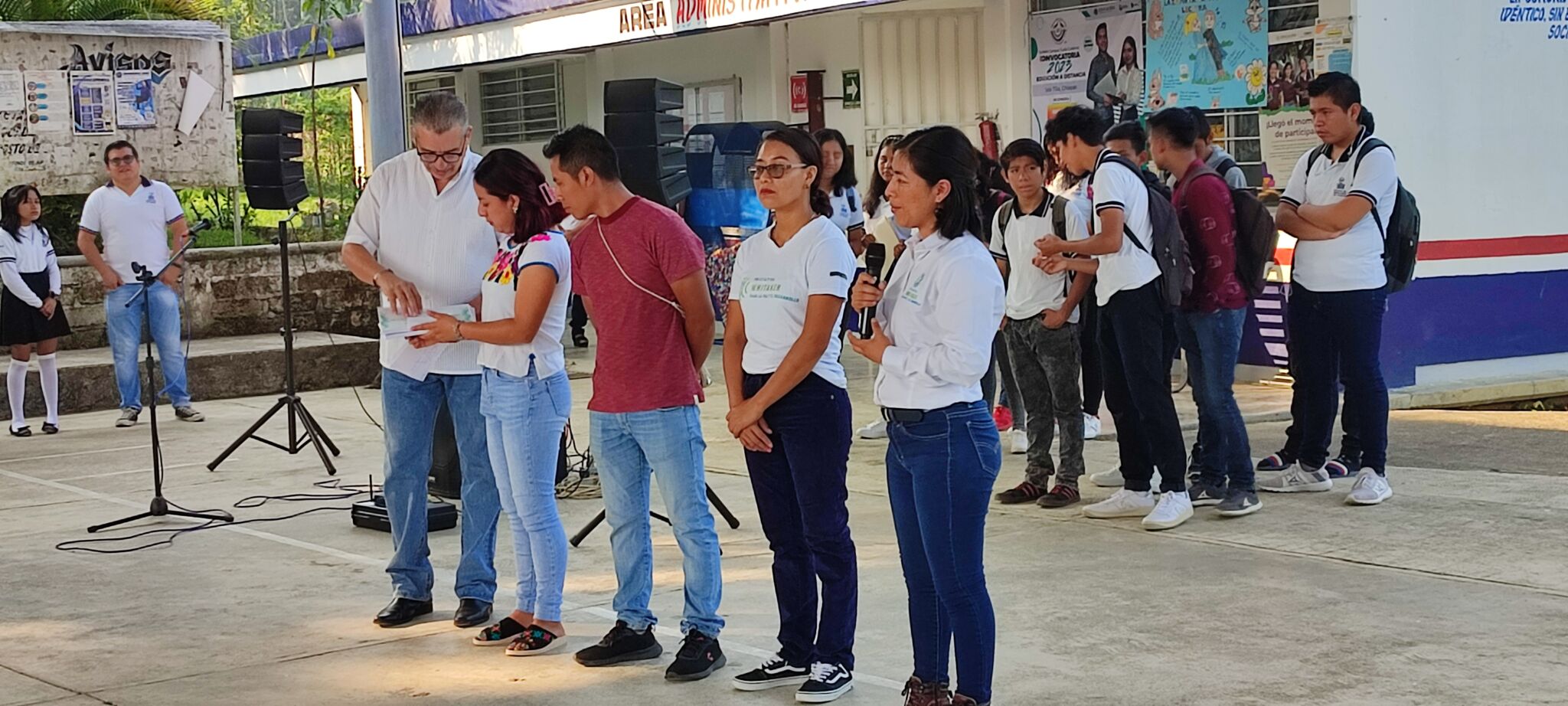“I am grateful for all the support they gave me thanks to their knowledge. I felt comfortable, safe, confident and in a place where there was cooperation and empathy. We did not feel competition, and we all wanted to achieve change, which is important for building a community committed to a common good,” Daniela Valenzuela, COBACH 67 school, Petlalcingo, Chiapas.
July 19, 2023 – A basic principle of peace and diplomacy is dialogue. Lasting peace and conflict resolution cannot be achieved if the ability of two parties in a conflict to converse openly and freely about the issue at hand is impeded, or if there is no safe space for such a dialogue to take place. Understanding the position of the opposing party is crucial if lasting solutions are to be found, and a culture of peace gradually created. Such a culture must be based on values, attitudes and behaviors conducive to mutual understanding, respect and a collective desire for harmonious coexistence, that is a culture through which individuals recognize that violence is not a normal or appropriate way to address conflicts and tensions. In the marginalized communities where WPDI operates, we often find that this culture of peace is missing not just because they lack access to resources and jobs, but also because they lack access to the skillset that underlies lasting attitudes of nonviolence and dialogue.

At WPDI, we have therefore made it our mission to design initiatives for young people determined to work towards creating a culture of peace. In the municipality of Petlalcingo, in the jungle zone of Chiapas, Mexico, we recently held a sporting and cultural event for 152 youths at the COBACH 67 school. Organized with the collaboration of teachers and the school management, the event, led by three WPDI-trained Youth Peacemakers (Dany, Michel and Noè) was called “Peace is also Culture in Petlalcingo”. The youths were invited to participate in a number of collaborative workshops and sportive activities, all aimed at reinforcing their understanding of mutual respect and dignity, followed by a Community Dialogue session which allowed them to voice their concerns and find common, peaceful solutions. The event was also focused on creating resilience in the face of traumatic events. The football and basketball games held included mixed games in order to promote gender inclusion and cooperation.
Participants were very happy at being given the opportunity to learn about conflict resolution and communal, social solutions to complex local issues. “The talk we had between young people under the guidance of the person who knows about peace, and after having taken the Conflict Resolution course, I realized that there is a lot of violence in my community. There are many issues that are both visible and invisible in the community, such as robberies, health problems, emotional deficiencies, family disintegration. That is why I think that the culture of peace is of utmost importance. As people who grow up in a place of privilege, with opportunities such as attending school and accessing this type of training, we have an obligation to help and share the information we learn so that other people can also understand that violence is not normal. Working on peace is something that we must build from within ourselves and live it with our environment. Thank you very much for making this dialogue possible between young people in my community, because with the analysis they led me to discover, understand and learn about areas and situations that are of vital importance to raise awareness in our daily lives, it helped me to develop another way of thinking, seeing and feeling,” exclaimed Yasmín Díaz, one young participant.

Having these activities run by WPDI peacemakers is a hallmark of this project. It presents many advantages, because they are trained to teach conflict resolution, because they understand the local realities and issues affecting their community, and because they can easily relate to their younger peers who attend school. This means they have intimate knowledge of local situations and can gain the trust of local populations and leaders more easily than external actors. With the skills and tools we provide them with, they are therefore uniquely positioned to mediate conflicts and seemingly intractable issues that have plagued relations among communities for years.
In partnership with
![]()